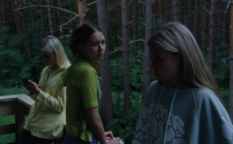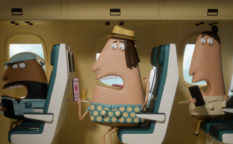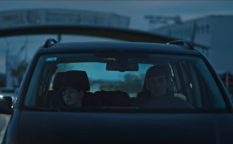Review: The Royal Train (2020)
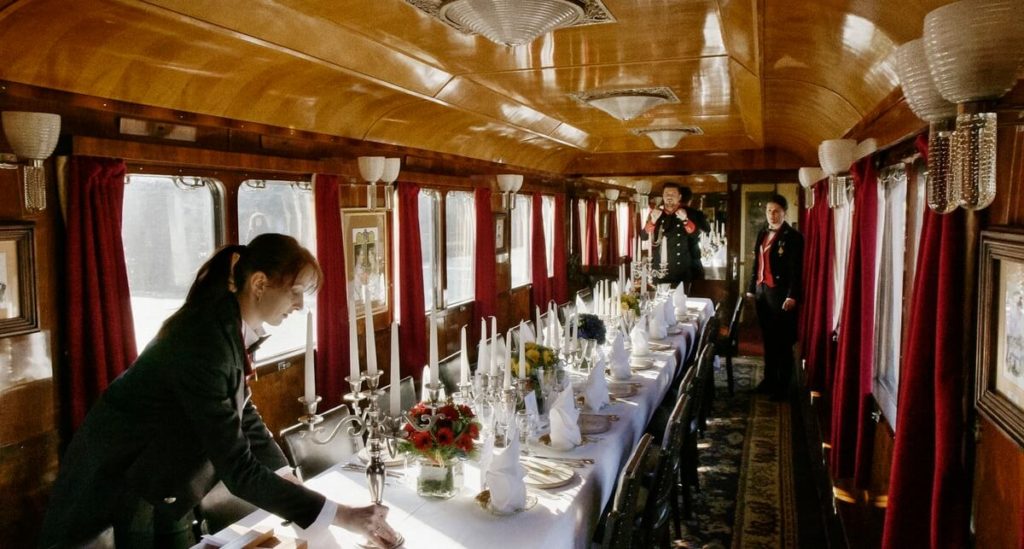
Royalist sentiments in some of the Eastern European countries are hard to explain whether rationally nor on historical grounds. Before they ended up being part of the Eastern (communist) block after the World War II, countries like Romania and Bulgaria were monarchies for over a century in continuity, which was long enough to create a myth of stability and progress compared to the suffering in the more recent communist past. Riding on that wave of nostalgia, people like to remind themselves that Tsar Simeon II of Bulgaria took the office of the prime minister for one mandate, which is one of the weirdest political curiosities.
On the other hand, the former royal family of Romania makes constant efforts to restore its status in every possible way, disregarding the fact that the country is now a republic, not a monarchy. The family lead by the crown Princess Margareta, the oldest daughter of the last ruling King Michael I, tries simultaneously to re-brand itself in accordance with the present times, but also to remain loyal to some of the national traditions of the past. One of their specificities is the use of the special royal train that looks like a museum of an antebellum glamour, touring around the country.
The train and the efforts of the descendants of former rulers to regain power and popularity are the central topic of Johannes Holzhausen’s documentary The Royal Train. The festival premiere was scheduled for this year’s edition of Diagonale which was cancelled, but the film had entered the niche distribution in Austria and Germany in late January and late February, respectively. The festival program is available in its short form online, offering a selection of Diagonale’s original choices.
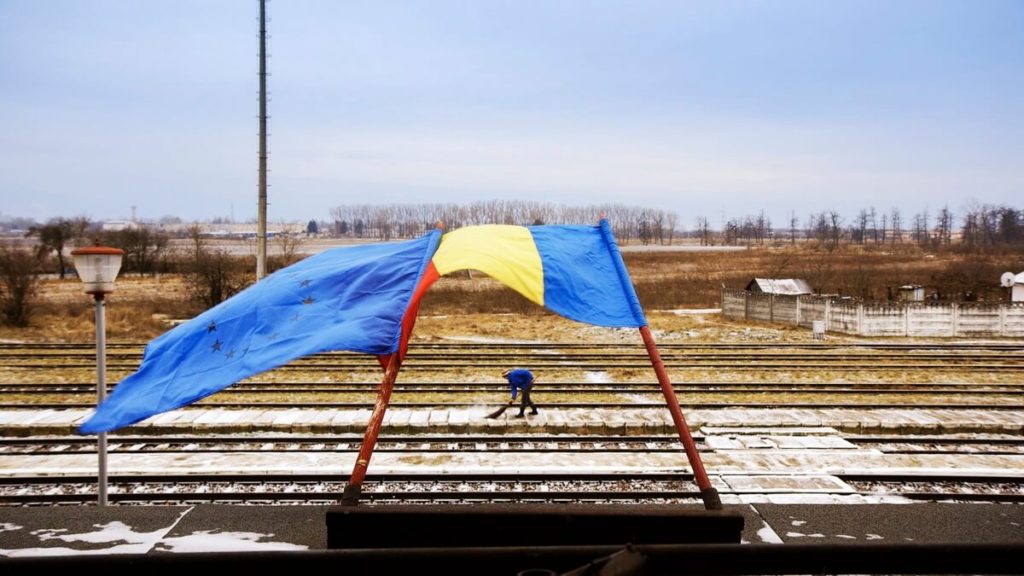
Roughly the first third of the film is concentrated on one of the train trips undertaken by the Princess Margareta and her husband Prince Radu. The places they are visiting are a provincial town of Faragas and the village of Avrig. The preparations are under way in both places, as well as on the train itself and there is a lot of protocol involved, from red carpets and photo exhibitions to standing orders, since the whole ordeal is an important social event for both communities. Eventually, the end result has more than just a hint of surrealism.
The two other thirds of the film are following the royals and the foundation they are operating in other types of social activities, from the official visit of Prince Charles (yes, the Prince of Wales), to the attempts of building a public image of the family and attaching the names of the royals to various kinds of consumer goods, from mineral water over wine to perfumes. Both chronologically separated timelines are intersecting with a footage that follows a royalist antiques shop owner who does some restoration work for the foundation.
Johannes Holzhausen opts for a strictly observational approach, leaving his subjects to interact freely with one another and never involving in conversations between them. That kind of approach serves its purpose for a while, confronting the viewer in details with regular activities of the foundation, but it sometimes lacks a wider context, using title cards at the very beginning and the very end. This also reflects in the film’s visual style: most of the film contains the newly filmed footage in naturalistic colours and crisp photography by the DoP Joerg Burger, and the only exceptions are to be found at the beginning of the film in archival footage of the royal train and King Michael’s life, his reign over the war-torn country and his immigrant life in Switzerland.
The trouble is that Holzhausen never gets the level of clearance that will let him go deep enough in examining the phenomenon of the royal family’s descendants in the republic, so the best and the most involving material, the train and the visit to places in province, is spent early on, which makes The Royal Train quite uneven. On the other hand, it is easy enough to follow, thanks to Dieter Pichler’s editing, and it could work as a documentary to be watched out of curiosity.
Original title: The Royal Train
Year: 2020
Country: Austria, Romania
Language: Romanian
Runtime: 93′
Directed by: Johannes Holzhausen
Written by: Johannes Holzhausen, Constantin Wulff
Cinematography by: Joerg Burger
Editing by: Dieter Pichler
Sound by: Vlad Voinescu
Music by: Irene Kepl
Assistant directors: Ozana Oancea, Diana Paroiu
Produced by: Johannes Holzhausen, Johannes Rosenberger, Constantin Wulff
Production companies: Navigator Film, Hi Film Productions, Televiziunea Romana
Supported by: Österreichisches Filminstitut, Filmstandort Austria (FISA), Filmfunds Wien, ORF













